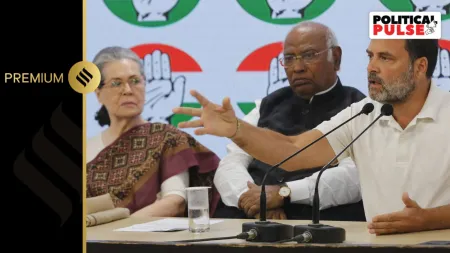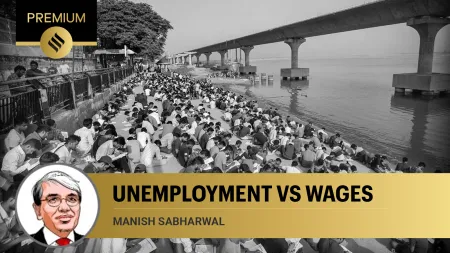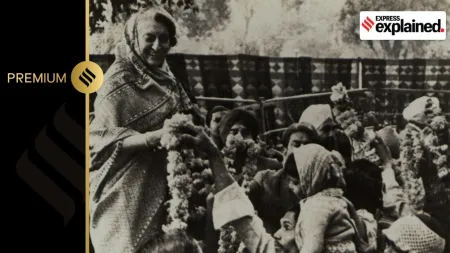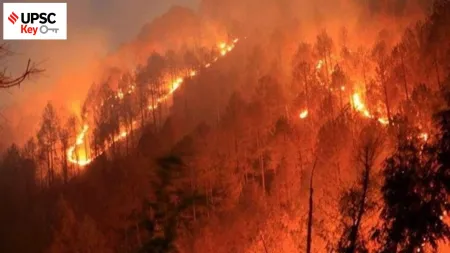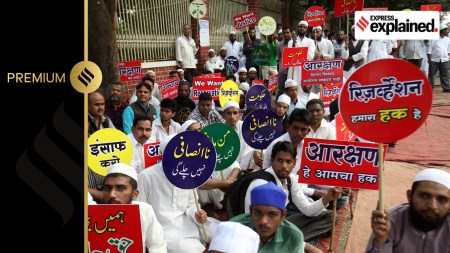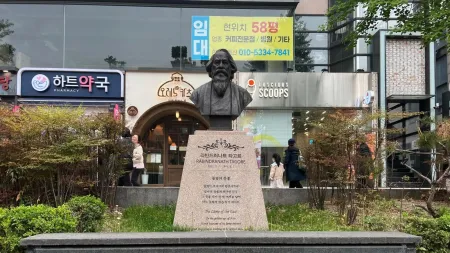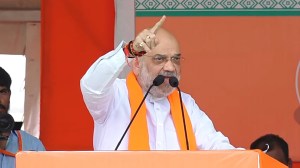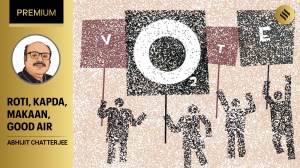- India
- International
Next Door Nepal: Chinese checkers
As Oli and Prachanda manoeuvre for office, proximity to Beijing may suffer.
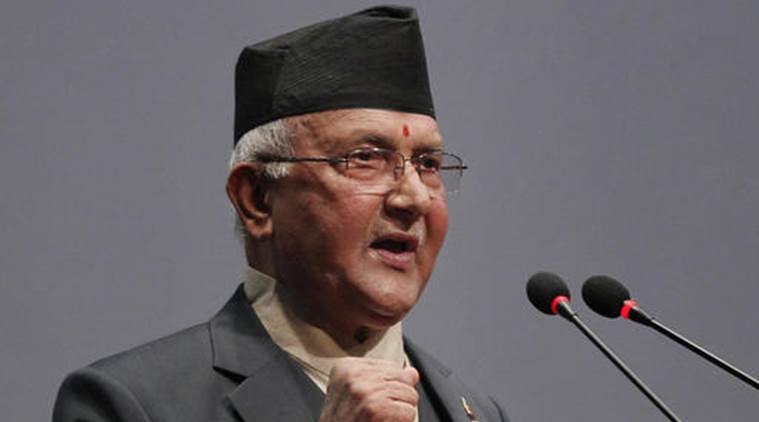 K. P. Oli
K. P. Oli
K. P. Oli’s exit as Nepal’s prime minister when the vote of no-confidence against him is put to vote is a foregone conclusion, but will any one succeed him constitutionally? The interested parties and partisan lawyers are interpreting the situation in ways that suit their purposes.
After ensuring Oli’s defeat in the no-trust motion, the challenge before the sponsors of the motion is to not let the prime minister continue in a caretaker capacity for long. Letting him do so will lead to Oli becoming more powerful and far less accountable.
The dangerous precedents in Nepal’s long transition to a republic — an interim PM continuing for long, at least three caretaker prime ministers holding on to their posts for seven to 14 months, and a sitting chief justice collaborating with political parties — and vague provisions in the constitution about a successor to the PM leaves the matter to President Bidhya Devi Bhandari’s discretion. But given her past — vice chairperson in the Oli-led Communist Party of Nepal-Unified Marxist Leninist — is not likely to escape the ire of the aggrieved parties even if her decision is fair by all yardsticks.
The Nepali Congress and the Maoists are determined that any move by the president to stall the election of Maoist chief Pushpa Kamal Dahal as Oli’s successor on the pretext that there is no constitutional clarity over succession will lead to Bhandari’s impeachment. That shows the level of distrust among the political parties that were together in the movement for restoration of democracy in 2006. In September 2015, nine years after they assumed power, they delivered a half-baked constitution which the two sides, now at loggerheads, claimed to be the best in the world.
However, the three major parties — Nepali Congress and the Maoists on one side, and the Communist Party of Nepal-Unified Marxist Leninist, that Oli heads, on the other — are disputing the constitution’s provisions on finding a successor to a PM who has lost the house’s trust. The matter is not likely to be settled by the merits of their arguments or through an emulation of best practices in Nepal or elsewhere in the world. The side that has the numbers will win this tussle. On Friday, Oli refused to put in his papers in exchange of the sponsors of the no-trust motion withdrawing their motion and passing the finance bills in one go. Speaker Onsari Gharti, who belongs to the Maoist Party, deferred the debate on the motion by a day to give the parties time to come to a consensus on Oli’s successor. But, he finally gave in. Interestingly, the Maoists voted against the finance bills that were tabled by the Oli government when they were part of the coalition.

Nepal has been ruled by unstable coalitions for a decade. But unlike in the past the issue this time is not about “who will succeed”.
Political circles are debating “what will happen” to Nepal’s growing — and meaningful — proximity to China in proportion to its distance with India. Given China’s clear message that its president, Xi Jinping, will visit Nepal in a few months only if there is political stability in the country, any failure to resolve the political impasse will be deemed a setback. For India, that will be something to cheer about as not only did Oli take an anti-India position in the wake of its “interference” and its refusal to welcome the constitution, but he also directed the focus of his country’s foreign policy northward after the five-month long blockade created hardship and shortage in Nepal.
In March, Nepal and China signed some transit agreements. China secured the contract to build an international airport in the tourist city of Pokhara, where it will set up a consulate soon. Seen in the light of China’s growing engagement with Nepal, to the detriment of India, President Xi’s visit would have been a milestone.
“The withdrawal of support to the K. P. Oli government by the Maoists is clearly a move at the behest of external forces, who are interested in stalling the Chinese president’s visit,” Sherdhan Rai, communication minister in the current coalition, says. Oli was not as explicit, but at his party meeting he is said to have expressed suspicion that India had a role in instigating the no-trust motion. Whether that’s an angry reaction or one borne out of evidence is anybody’s guess, but India has often been charged of “micromanaging Nepal affairs” —including by the Maoist chief, Dahal.
But in the clash of perceptions over foreign influence, the role of the constitution will cease to matter and the sanctity of the offices of the speaker and the president is likely to be adversely affected. This is likely to have an effect on the morale and functioning of the security agencies, including Nepal’s army, as well as the civil administration.
EXPRESS OPINION
More Explained
May 09: Latest News
- 01
- 02
- 03
- 04
- 05


